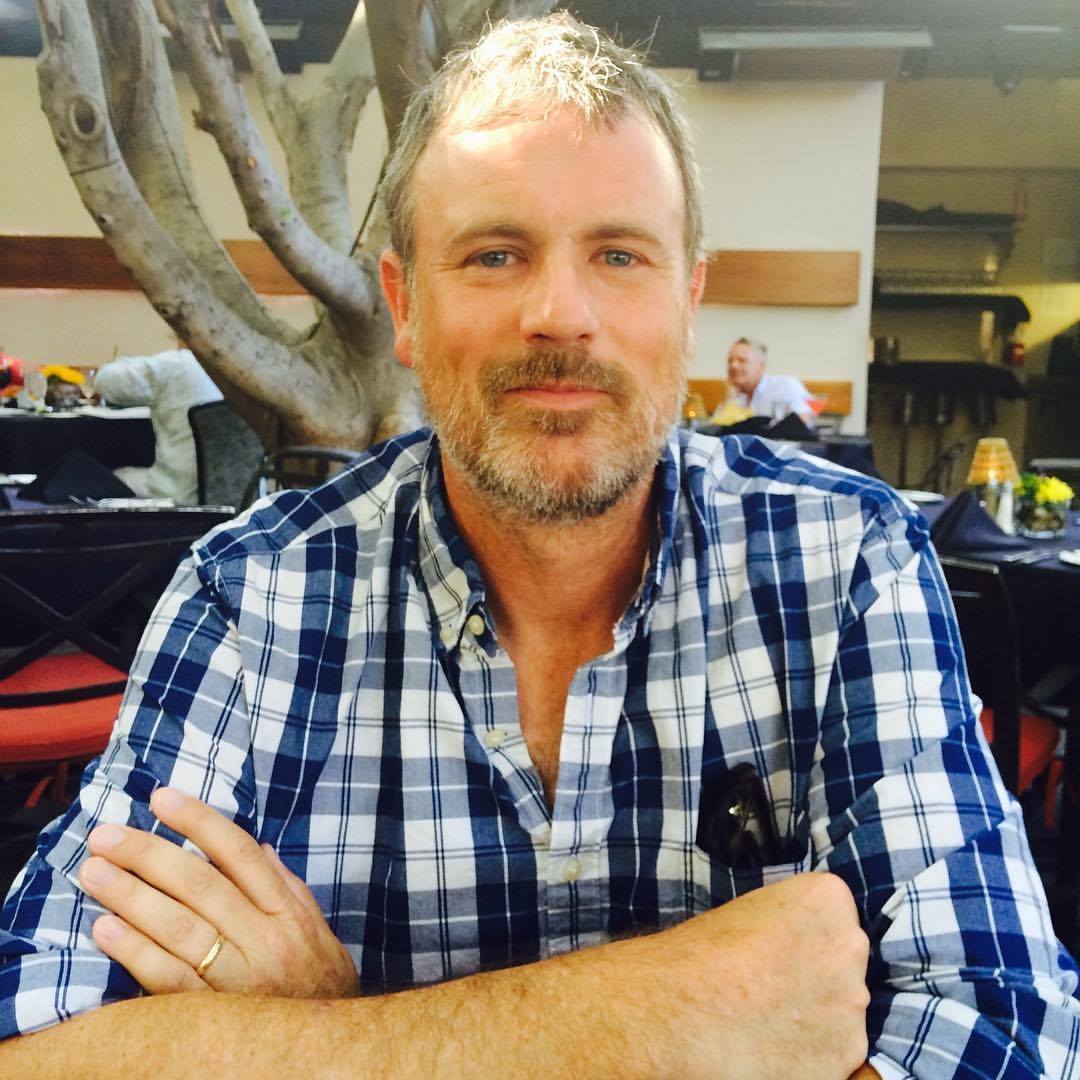Photo by Matt OttoHow can two young men with no previous felonies be sentenced to a total of 40 years in state prison for firing seven shots at a building from a moving car—without causing a single death or injury?
It's simple. If the target is an evangelical Christian drug rehabilitation center and the two suspects are members of a black metal rock band whose lyrics call for the murder of all Christians, then presto, you've got a bona-fide hate crime that automatically doubles the prison sentence in question.
The scenario isn't hypothetical. On Jan. 19, a drive-by shooting occurred outside Teen Challenge, a Christian drug rehabilitation clinic in downtown Santa Ana. A few weeks later, police arrested two suspects, Raymond Shipley and Benito Contreras, both 22-year-old members of a Riverside-area black metal band, Sol Evil. Defense attorneys for the men claimed their clients were drunk and simply trying to scare a mutual friend, a former band member sleeping in the building when the shots were fired (see “A Case of Morder,” March 28).
A major piece of evidence against the two suspects was an interview posted on the band's website. In that interview, Sol Evil lead singer Shipley (who went by the stage name Lord Morder) stated that the band's cause was the destruction of Christianity. “We want to inspire people to murder ALL Christians!!!” Shipley stated. “All the members of our horde believe that Christianity must be destroyed.”
The case against Shipley and Contreras ended July 31, when both defendants pleaded guilty to seven counts of shooting at Teen Challenge's office and dormitory. Thanks to the plea, Shipley, who drove the car, received a 15-year prison sentence; Contreras, who pulled the trigger, received a prison sentence of 25 years.
If that sounds like a lot of time behind bars, consider this: because they both pleaded guilty, Deputy District Attorney Jamie Coulter agreed to drop charges of attempted murder that could have sent each man to prison for life.
Coulter said he agreed to the deal because neither Shipley nor Conteras had ever been involved as defendants in the criminal justice system. “Because of their poor choices and actions, they are suffering severe consequences that have destroyed their lives,” Coulter said. “But the bottom line is they are being held accountable and justice has been done.”
Both Shipley and Contreras refused to be interviewed for this story while being held last week at the Orange County Men's Jail. But Scott Ciment, Shipley's private attorney, said he doesn't believe what took place was actually a hate crime. “It had more to do with juvenile antics because their friend lived there,” Ciment said. “Although hate-crime legislation is well-intentioned, it is difficult to enforce in a fair and evenhanded way. It asks questions of jurors that are better left to theologians, psychologists and philosophers, because it asks a very big question about what motivates an offender.”
Hate-crime legislation was enacted throughout the United States in the mid-1990s to protect racial, ethnic and religious minorities from harassment and violent attacks. A few years later, after much debate, hate-crime statutes were expanded to include victims targeted because of sexual orientation. Not all states have their own hate-crime laws, but California has one of the broadest in the nation. Here, any violent felony is a hate crime if prosecutors believe that the suspect was motivated by a bias against a particular race, gender, sexual orientation, religion, political affiliation—or even a person's involvement in a labor dispute.
Anti-Christian hate crimes are the least-reported of all such incidents in the United States—there are so few of them that neither the California Department of Justice nor the FBI maintains any statistics. According to the Orange County Human Relations Commission, about one attack on Christians has occurred locally each year since the group began tracking such incidents in the 1990s, and almost all of those involved victims who were also targeted because of their race or ethnicity.
Paul Gerowitz, executive director of California Attorneys for Criminal Justice (CACJ), said prosecutors routinely use California's hate-crime law to force criminal defendants to enter guilty pleas. He added that his organization lobbies against state bills that seek to add additional classes of victims to hate-crime statutes.
“If there is a year where there seems to be more stories in the media about parents attacking school teachers, then somebody will try to introduce a bill to say assault on a school teacher on school grounds is a hate crime,” Gerowitz said.
“From a public policy and legislative point of view, you have all different kinds of special-interest groups coming in and saying that they want to be included,” Gerowitz added. “Pretty soon, does the group get so broad that it swallows up the whole idea? Do you decide this year we are going to protect businessmen? I mean, who do we not include?”
Gerowitz noted that since bias against a particular gender is covered under hate-crime law, everybody on the planet is a potential victim. “Gender covers the whole population right there,” he said. “Logically, if you commit an act of violence against another human being, that is arguably an act of hate. The crime of violence is a hate crime. But for the state to judge my worth as a victim on my country of origin or the hormonal makeup of my gender is absurd.”

Award-winning investigative journalist Nick Schou is Editor of OC Weekly. He is the author of Kill the Messenger: How the CIA’s Crack Cocaine Controversy Destroyed Journalist Gary Webb (Nation Books 2006), which provided the basis for the 2014 Focus Features release starring Jeremy Renner and the L.A. Times-bestseller Orange Sunshine: The Brotherhood of Eternal Love’s Quest to bring Peace, Love and Acid to the World, (Thomas Dunne 2009). He is also the author of The Weed Runners (2013) and Spooked: How the CIA Manipulates the Media and Hoodwinks Hollywood (2016).

